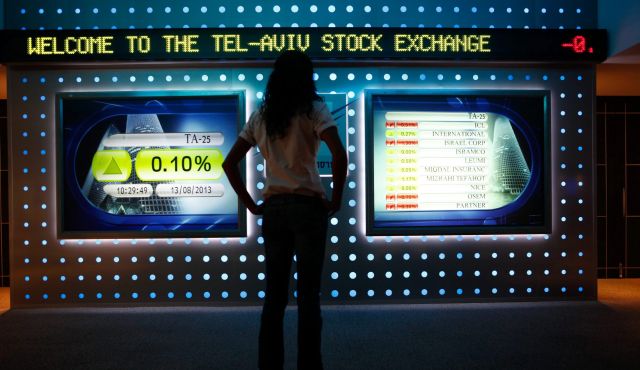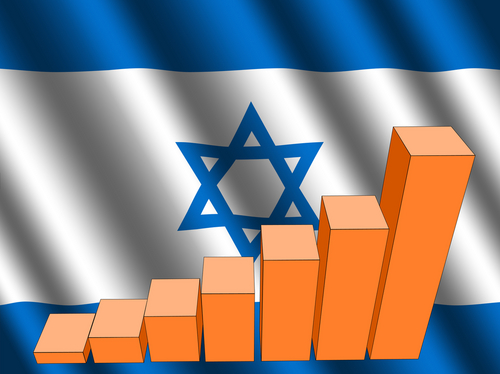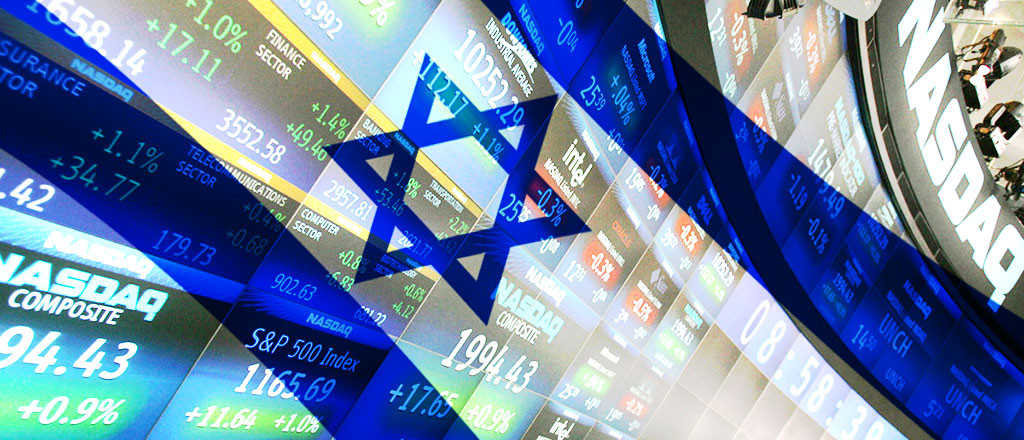Stock exchanges have multiple roles in any economy, such as raising capital for businesses, profit sharing, and facilitating company growth, to name just a few. The Tel-Aviv Stock Exchange is no different in its efforts to grow an economy that is emerging on to the world’s center stage.
History of the Exchange

In the early ’90s, the TASE introduced a derivatives market where investors could now be a part of stock market indicies, options, and currency trading. Later that decade, in 1997, the exchange introduced the Tel Aviv Continuous Trading (TACT) system. This automated system allowed for the continuous and simultaneous trading that was transparent for all investors, bringing Tel Aviv’s exchange on to the technological forefront.
The TASE Today

The exchange also includes industry traded indicies, or groupings of stocks, in everything from biomedical companies to oil and gas companies. The most widely benchmarked indicies on the exchange, The Tel Aviv 25 (TA-25) and Tel Aviv 100 (TA-100) are comprised of the largest 25 and 100 companies by market capitalization (total amount of outstanding shares X the price of the share), respectively on the exchange.
Startup success, good or bad for the Israeli securities market?
Ironically, Israel’s startup success seems to be impeding the Tel Aviv exchange’s IPO business. 2014 has brought the longest drought of IPOs for the local market in five years. It seems that private equity feels that TASE should not be the ultimate goal for their holding companies. In fact, a partner at a major venture firm in Israel stated that they rarely consider taking one of their companies public on Israel’s securities marketplace.

However, foreign interest in Israel has not been negative for the exchange. In 2013, foreign investment in the TASE tripled to about $1.5 billion. This shows foreign interest in the potential of the Israeli economy. This interest is especially seen in the amount of foreign capital invested in Israel’s prolific startup scene. Investors from all over the globe are now looking to get involved in young, promising Israeli startups (like Wix) before they float on a public exchange, through investing in Israeli venture capital, private equity and equity crowdfundung platforms.
[xyz-ihs snippet=”HowToInvestInIsraelCTA”]
[xyz-ihs snippet=”DanPelberg”]


![OurCrowd reveals top ten investment tech trends at 2017 Global Investor Summit & more [OurCrowd Newsletter]](https://blog.ourcrowd.com/wp-content/uploads/2016/11/OurCrowd-Newsletter-banner.png)


![Sirin Labs raises $72M, ‘Geek PicNic’ transforms JLM, & meet the father of Israeli VC [OurCrowd Newsletter]](https://blog.ourcrowd.com/wp-content/uploads/2016/05/OurCrowd-Newsletter-banner.png)


